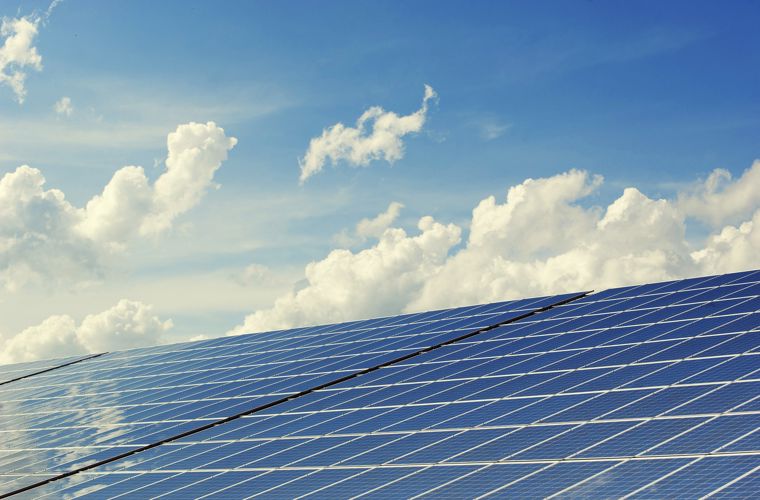Learning resources: Wales climate change emergency - There is no Planet B!
Are you looking to engage your learners in understanding...

Pixabay
Mitigating and adapting to climate change are the key challenges facing mankind in the 21st century. Our energy consumption and our dependence on fossil fuels is at the centre of these challenges, as the burning of fossil fuels is the main source of human-induced greenhouse gas emissions. To succeed in limiting global warming, we need to use energy efficiently and reduce the carbon content of energy we use by switching to clean, green energy sources.
Green energy originates from natural resources such as wind, sunlight, rain, tides and biomass and replenishes naturally without depleting the planet’s resources. Available almost everywhere, these natural resources offer almost inexhaustible sources of energy which is good for both the planet and people.
Why not ask your learners to investigate how our energy usage is contributing to the climate and nature emergencies through our hands on activities and investigate why we need to change to sustainable, green energy sources.?
All the activities and games on this page will help you engage your learners to progress in the ways described in the four purposes of the Curriculum for Wales. Curriculum links are included in the documents and all the activities will help you deliver many aspects of the cross curricular Literacy and Numeracy Framework (LNF) and Digital Competence Framework (DCF).
Use the activities and information on our ‘Climate Change Emergency’ webpage to introduce the wide range of human and natural factors that affect our climate and encourage discussion and debate amongst your learners.
From examining the different types of green energy to discussing energy and climate change, our information note explains all.
Get your learners thinking about and discussing the many ways we rely on and use energy.
Activity plan - Why is energy important
These activities aim to inspire your learners to think about and discuss how we can all act more responsibly to minimise energy use.
Activity plan - Energy savers
Resource cards - Energy savers
Get your learners out and hands on in the natural environment. This activity will provide your learners with an opportunity to observe and investigate solar power.
Activity plan - Solar collection investigation
Worksheet - Solar collection investigation
There’s plenty of wind in Wales! This activity looks at measuring wind speed and asks learners to consider how the placement and location of wind turbines in the landscape may affect the generation of energy.
Activity plan - Wind speed investigation
Worksheet - Wind turbine
Challenge you learners to power on and apply their STEM skills and knowledge to design and build a miniature windfarm or hydro power plant.
Activity plan - Energy builders
This activity challenges an isolated, fictitious community (your learners!), to find a consensus on the best energy options to meet their consumer needs. Will they switch on to the potential of green energy?
Activity plan- Community energy supply
Worksheet – Community energy supply
Resource cards - Energy comparison
Who’s up for a debate? There are plans afoot to build a new energy power station within your learners’ community. The power station will be large enough to provide energy to the surrounding area, the local community, and your learners’ own homes. This activity will encourage your learners to develop a personal standpoint which they will need to communicate by during a group debate.
Activity plan - Not in my back yard!
Want to explain sustainable development to your learners? What can they do to live more sustainably? Check out our sustainable development resources.
Find out more about our role in managing our energy needs and adapting to climate change.